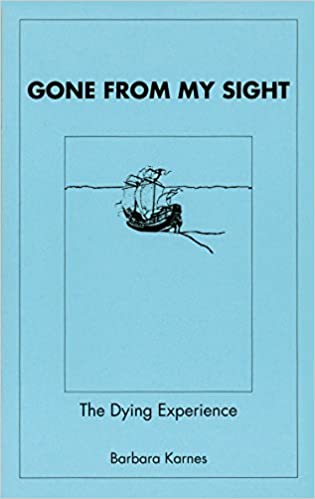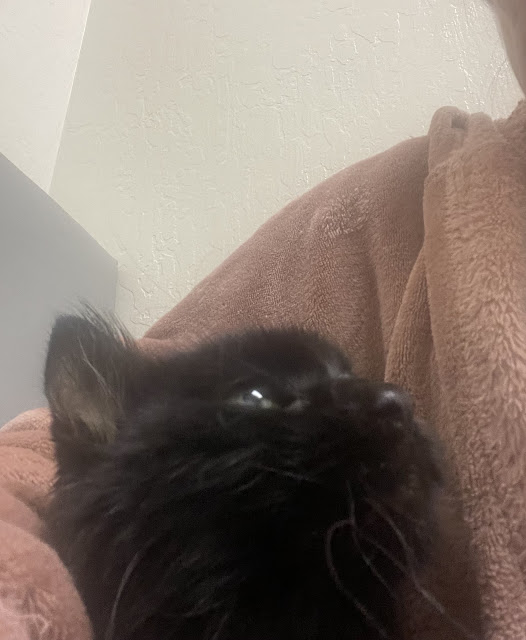When Pets Are Dying: Help in Understanding the Process and the Decisions

When my beloved Murjan was dying from cancer , I was desperate for information, but my husband was dying from cancer at the same time, which gave me very little time for seeking out answers. Murjan was almost 19 years old and had been on chemotherapy for three years. His vet did not know how to help him further, but she apparently did not want to admit that -- and subconsciously I did not want to admit that she did not know what to do and had essentially given up on him. I was unable to get timely appointments, or any appointments at all, even in the emergency room. We do not have any vets in town. I have to travel no matter what. Murjan's vet was located an hour north of us. To get help, I contacted other vets. A vet to the west of us recommended hydration, and so we stated hydrating Murjan every other day. His vet to the north allowed as to how that might help. But Murjan kept losing weight. He was down to 5 pounds (from 16 pounds) when he died. Finally, a vet to the sou...





